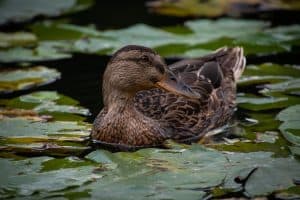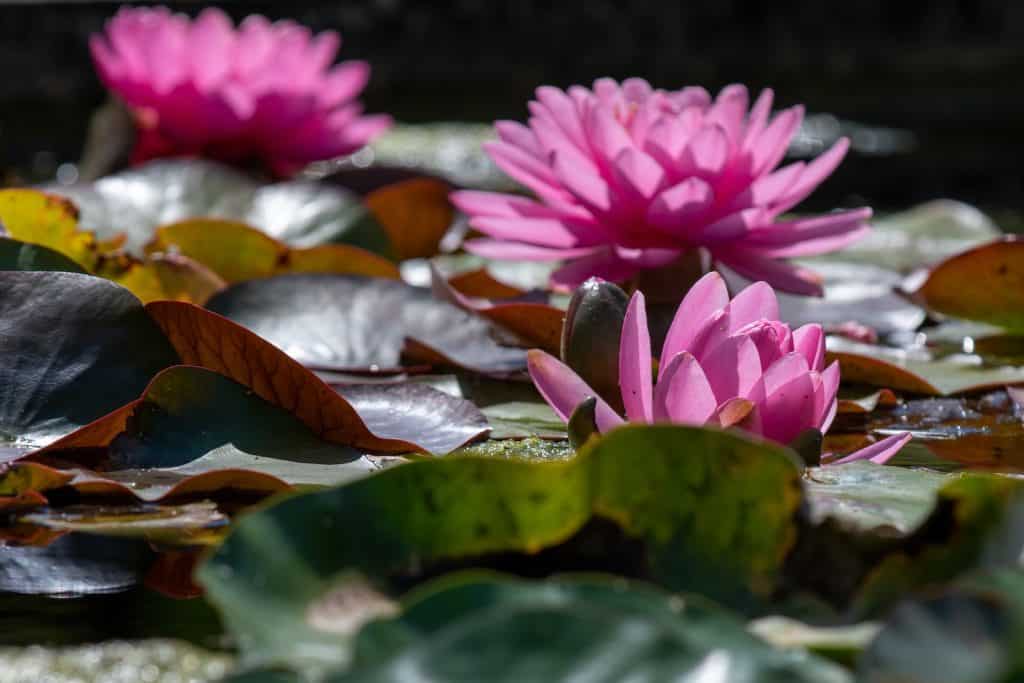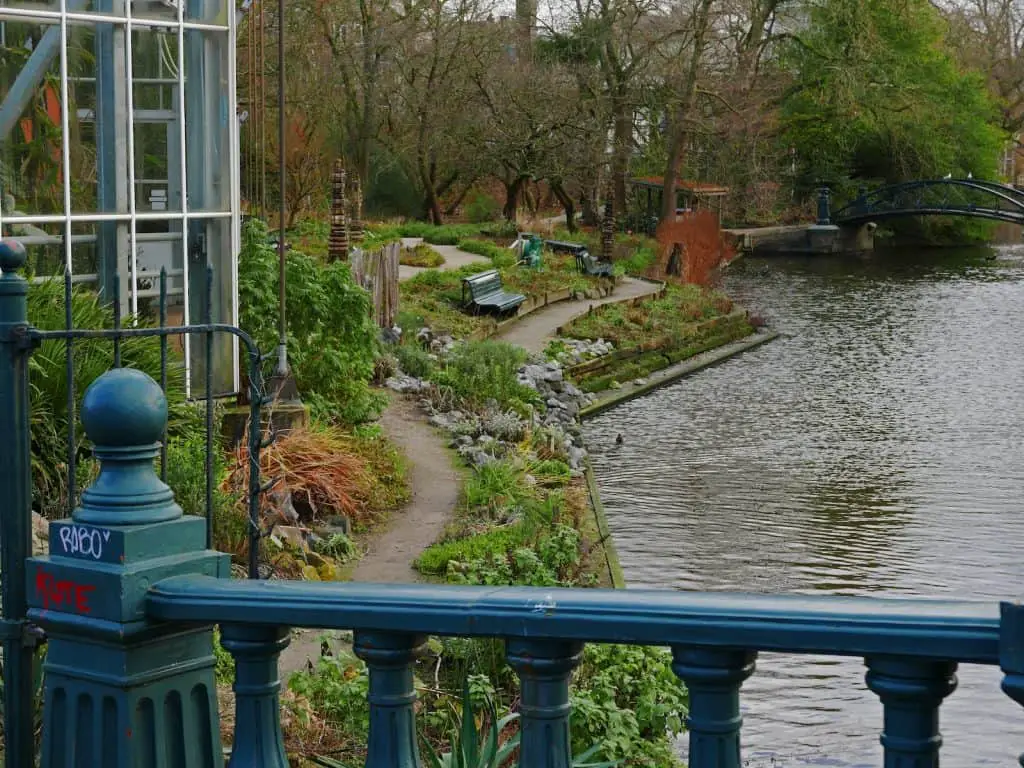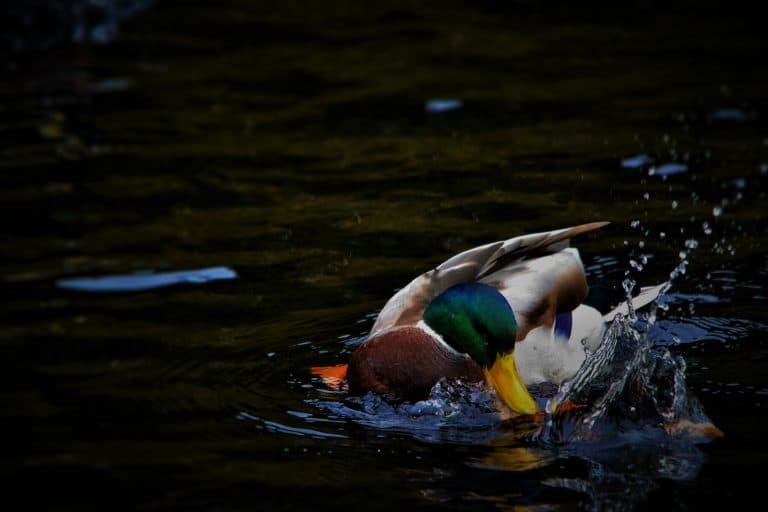A backyard duck pond can be a great addition to any home. Not only do they provide a source of fresh water for your ducks, but they can also be a beautiful and serene addition to your yard. However, keeping a duck pond clean can be a bit of a challenge. So, how to keep a backyard duck pond clean?
Ducks are messy creatures, and they can leave behind a lot of waste in the water. If left unchecked, this waste can cause algae to grow and contaminate the water.
What is a duck pond?

A duck pond is a small body of water, usually less than an acre in size, that is specifically designed to provide a habitat for ducks. Duck ponds are often stocked with fish, amphibians, and aquatic plants.
What do ducks eat?
Ducks are omnivorous creatures and their diet consists of both plant and animal matter. They will eat insects, small fish, frogs, and other invertebrates. Ducks also graze on aquatic plants, seeds, and berries.
How often should I clean my duck pond?
It is generally recommended that you clean your duck pond at least once a week. This will help to remove any waste that has accumulated in the water and will also help to keep the pond free of algae.
How to Keep a Backyard Duck Pond Clean

Maintaining a clean duck pond is important for the health and well-being of your ducks. Here are five easy tips to help you keep your backyard duck pond clean and free of algae.
1. Test the water regularly.
Algae love warm, stagnant water, so it’s important to test the pond water in your pond regularly to make sure that the pH level is where it should be. You can purchase test kits at your local pet store or online.
2. Keep the pond free of debris.
Leaves and other organic matter falling into the pond will decompose and create an ideal environment for algae to grow. It’s important to remove any debris from the pond as soon as possible.
3. Add aquatic plants.
Aquatic plants help to oxygenate the water and keep it cooler, which helps to prevent algae growth. They also provide natural filtration for the water.
4. Install a fountain or aerator.
A fountain or aerator will help to keep the water moving, which will discourage algae growth.
5. Use alum or barley straw.
Alum or barley straw can be used to naturally control algae growth in your pond. Just add a few bags of alum or some barley straw to the water and let it do its work!
Is duck poop beneficial to plants?
While most people would agree that duck poop is far from pleasant, many gardeners swear by its benefits. Duck manure is an excellent source of nutrients, including nitrogen, phosphorus, and potassium. These nutrients can help to promote growth and encourage blooming.
Duck manure also contains plenty of organic matter, which can help to improve the texture of soil and encourage the growth of beneficial microbes. In addition, duck poop is relatively low in salt, meaning that it is less likely to damage plants than other types of manure. While it is certainly not the most pleasant gardening material, duck poop can be a valuable tool for gardeners who are looking to give their plants a boost.
Natural ponds vs artificial ponds

There are two main types of ponds – natural and artificial. Natural ponds are formed by nature, while artificial ponds are created by people.
Natural ponds are usually found in areas where the water table is close to the surface, such as near springs or rivers. These ponds often have a higher concentration of minerals and nutrients than artificial ponds.
Artificial ponds are usually created for aesthetic or recreational purposes. They are often lined with concrete, plastic, or rubber to prevent the water from seeping out. Artificial ponds often have a lower concentration of minerals and nutrients than natural ponds.
While both types of ponds can be home to ducks, artificial ponds are more likely to experience problems with algae growth. This is because artificial ponds are often shallower and have less plant life, which can lead to warmer and more stagnant water.
If you have an artificial pond, it is important to take steps to prevent algae growth, such as adding aquatic plants, installing a fountain or aerator, and using alum or barley straw. By following these tips, you can keep your artificial pond clean and algae-free!
Do ducks like to swim in ponds with fish?
Ducks generally don’t mind sharing their pond with fish, but there are a few things to keep in mind if you are planning on adding fish to your duck pond.
Summary: How to Keep a Backyard Duck Pond Clean
Duck pond maintenance is important if you want to keep your ducks happy and healthy. By following these five easy tips, you can help keep your backyard duck pond clean and free of algae. Test the water regularly, keep the pond free of debris, add aquatic plants, install a fountain or aerator, and use alum or barley straw to control algae growth naturally. Your ducks will thank you!
For other backyard pond ideas, check out, The Perfect Backyard Pond and Fire Pit for Your Home

